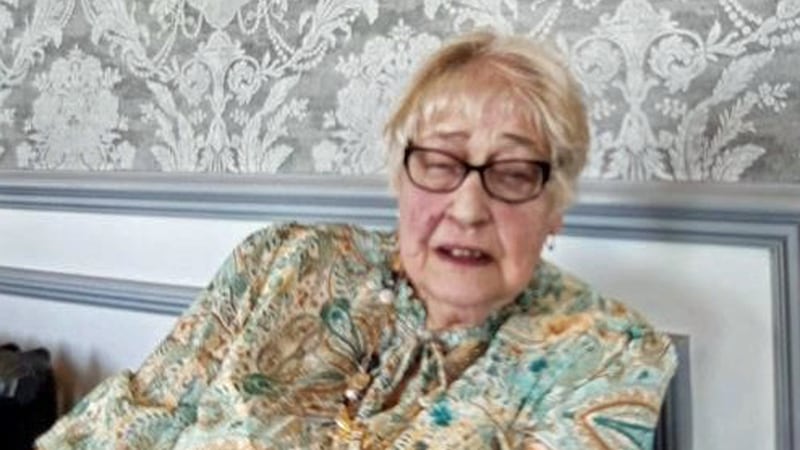CERVICAL cancer rates among Northern Ireland women are to rise according to shock figures which reveal almost a quarter fail to attend their screening appointments.
Women here are ignoring their test invitations, scheduled once every three years, according to Jo's Cervical Cancer Trust.
Cervical cancer is a type of cancer that develops in a woman's cervix at the entrance to the womb.
Figures from the Northern Ireland Cervical Screening Programme's annual report for 2010 to 2011 reveal in the 25 to 29 and 60 to 64 age groups, 28 per cent ignore or delay their screening invitation.
Some 22 per cent of those eligible for screening - aged 25 to 64 - do not attend and the lowest uptake falls among women who are due their first and last ever appointments.
Reasons that younger women fail to attend the tests include embarrassment, fear of the procedure after find-ing a previous test painful and difficulty in booking an appointment due to a busy working life.
Almost a third of women between 50 and 70 believe the test to be unnecessary and irrelevant to them, while 69 per cent were unsure that the sexually transmitted infection - human papillomavirus (HPV) - was the main cause of cervical cancer.
In Northern Ireland, women aged 25 to 49 are invited to attend screening every three years, while those aged between 50 and 64 are invited every five years.
Jo's Cervical Cancer Trust said the lack of uptake could lead to an increase in those diagnosed with the illness.
The organisation is to spend the next six months targeting GP surgeries with information packs, urging women to make their appointments.
Charity director Robert Music said incidence levels of cervical cancer in Northern Ireland are higher than the average in Britain but screening rates remain low.
"Cervical cancer is a largely preventable disease thanks to the cervical screening programme and it is vital all those who are eligible attend when they receive an invitation," he said.
"We are particularly worried about the trend where women are ignoring their first and last invitation as this could potentially lead to an increase in women diagnosed with the disease.
"Screening plays a vital role as early stage cervical cancer, in the majority of cases, is symptomless.
"In the best case scenario cervical screening is designed to detect abnormal cells before they turn cancerous saving a woman from going through invasive treatment with devastating consequences.
"But screening also plays a vital role in catching the disease as early as possible, improving survival rates."
Jo's Cervical Cancer Trust will use cervical screening awareness week, which runs until June 15, to remind women of the importance of screening.

